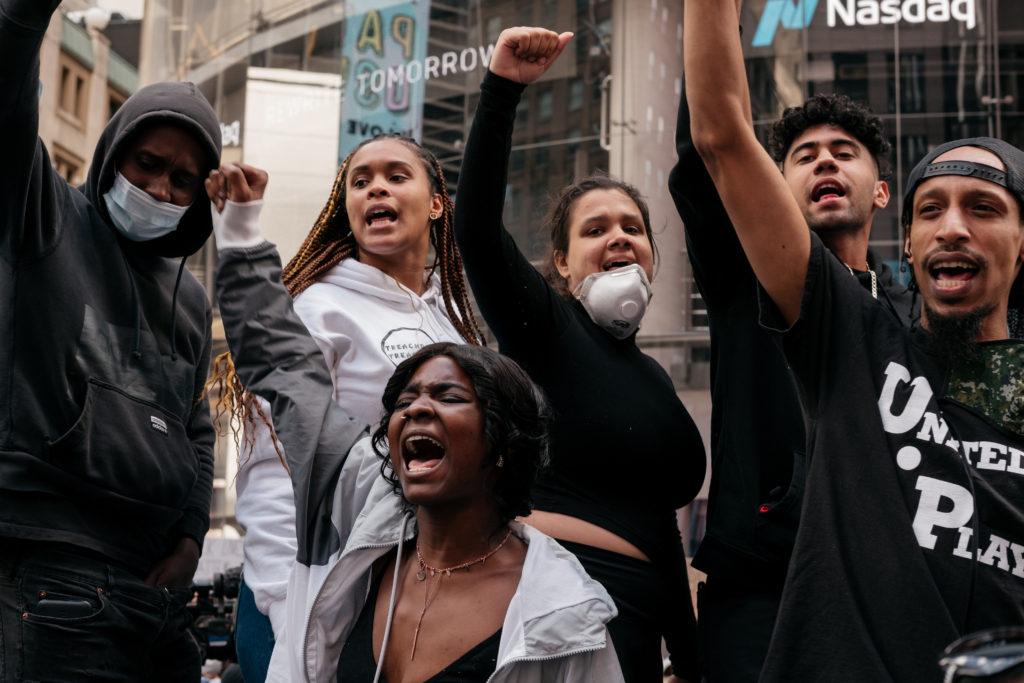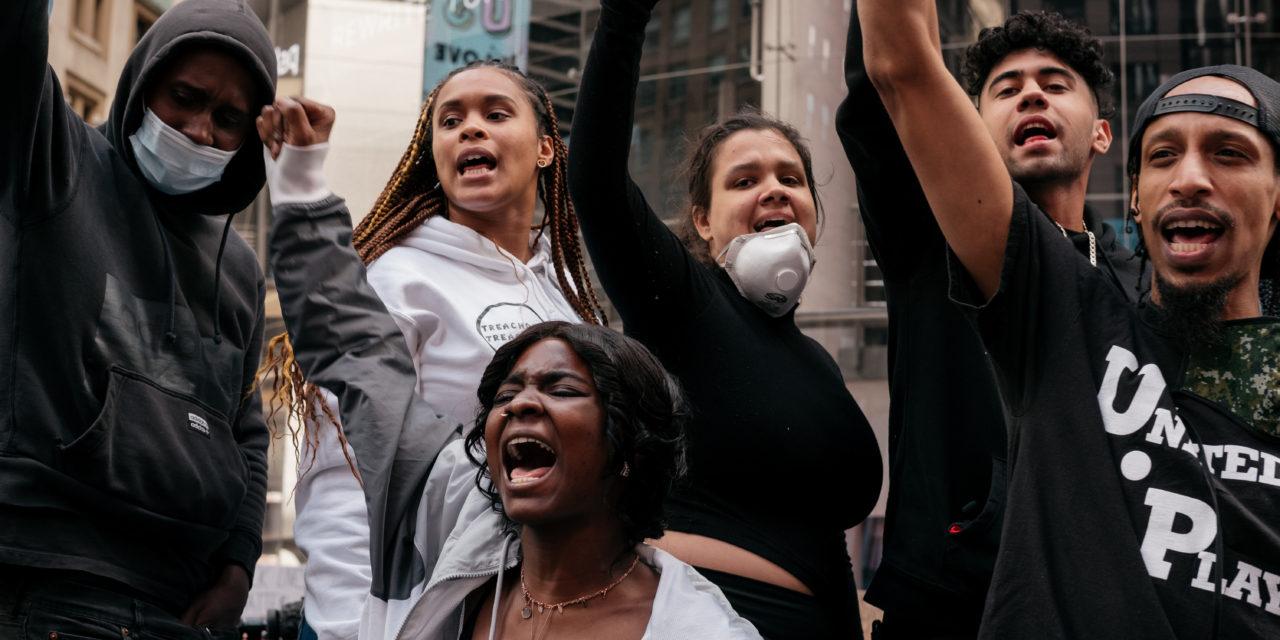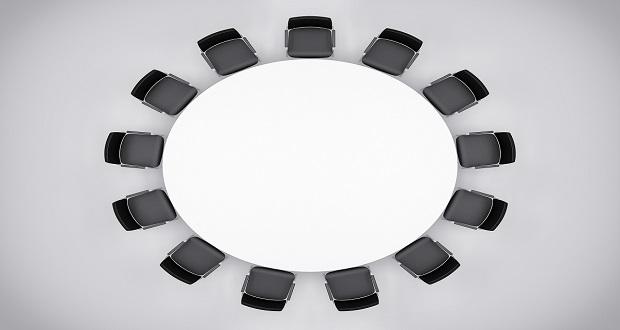
The rebellion that is happening across this country and throughout the world to protest blatant anti-Black racism is different this time. Enough is enough. We have reached a tipping point of no return. The accumulated pain and trauma from centuries of violence perpetrated against Black people reached the boiling point with the brutal murder, captured on video, of George Floyd.
A ground swell of outrage emerged as the world watched police officer Derek Chauvin blatantly and cavalierly, with his hands in his pockets and his knee pressed against Mr. Floyd’s neck, murder him. Mr. Floyd told Chauvin 15 times, “I can’t breathe.” For many this brought back the pain of watching Eric Garner be murdered by police in New York in 2016 as he uttered the same words, “I can’t breathe.” This tragic incident served to amplify in all of its gory imagery what the willful disregard for Black lives looks like. While a different method, George Floyd was effectively lynched. His murder started a new era in the fight to end racism in this country. It is a movement now—specifically an Anti-Black racism movement. Movements are often ignited by precipitating events involving injustices toward everyday people.
Just since 2009, over 70 unarmed Black men and 30 Black women have been killed at the hands of law enforcement. In the last 30 days, Ahmaud Arbery, Breonna Taylor, and George Floyd were murdered by police (or in Arbery’s case, self-appointed law enforcement). Tony McDade was a black transgendered man who was recently killed by the police in Florida and the reports indicate that the circumstances around his death are “murky.” And while these police–related murders made the headlines, in the past month, five transgender women of color have also been killed.
Over the past 10 years, and even longer (Rodney King, 1992) we have seen uprisings against police brutality against Black people. We have had the moments. There is outrage, organized protests, proposed legislation but after the “dust” settles not much changes. I think this time is different.
We have seen uprisings against police brutality against Black people. We have had the moments. There is outrage, organized protests, proposed legislation, but after the “dust” settles not much changes. I think this time is… Share on XCompounding the stress and trauma of the recent killings of Black people is the Pandemic that carries its own set of stressors of epic proportion. We know that COVID–19 disproportionately impacts Black people with death rates 2-4 times that of whites. Black people are more likely to have lost loved ones in the past few months from the virus and also have to deal with witnessing not one, but multiple murders of other Black people. It is too much to endure. The confluence of these situations created the perfect storm for the tipping point, sparking a new movement signified by the rebellions.
The confluence of these situations created the perfect storm for the tipping point, sparking a new movement signified by the rebellions. Share on XWhile I choose to use the term rebellion, Martin Luther King, Jr said that “riots are the voice of the unheard.” While Black people have figuratively and literally been screaming for justice for centuries, we have not been heard. There has been little sustained progress in dismantling racism even with all of the anti-racism programs, initiatives, training, etc. Black people are disproportionately incarcerated; Black children are suspended from school at 2-3 times the rate of white students; White net worth is 11 times higher than Black people’s; Black unemployment is twice that of whites—a disparity that has not changed since the 60’s; Black people disproportionately suffer from many health issues, and the list goes on.
While Black people have figuratively and literally been screaming for justice for centuries, we have not been heard. Share on X
We use the term rebellion rather than riots to describe what is happening now as this new movement erupts. The term riot has been racialized. Black people riot and loot. White people rebel. The word riot is hardly ever used to describe the actions of white people when they destroy property like in San Francisco when the Giants won in 2014. According to a piece in Mother Jones by Daniel King, a rebellion is against something or for something while a riot implies a meaningless eruption. Rebellions are the way that change happens. Violence is almost always part of rebellions. (I am not condoning violence, just reflecting on history. You can start with the Boston Tea Party).
What behaviors can we expect in the short-term?
- Organizations will react and want to do something immediately like hold sessions with their Black/African American employees.
- There will be a flurry of communications that speak out against racism.
- Organizations will revamp or revisit training on topics such as unconscious bias.
- Others will recoil and remain silent.
What should we do in the longer term?
- Resist the short-term actions above in the absence of a longer-term strategy.
- Acknowledge that this a movement, not a moment. There are no quick fixes. One-time sessions to try to appease Black employees are for naught.
- Pause and resist reacting to give yourself space to develop longer term strategies that focus specifically on anti-Black racism, not blanket diversity efforts. Unconscious bias training is not the solution.
- Commit to interrogating and dismantling the historic, entrenched underlying systems that fuel anti-Black racism. This is really hard work, which is why it has never really been done.
This moment in time has started a movement. Let’s use this window of opportunity to drive real change. I think/hope “they” are finally listening.


















